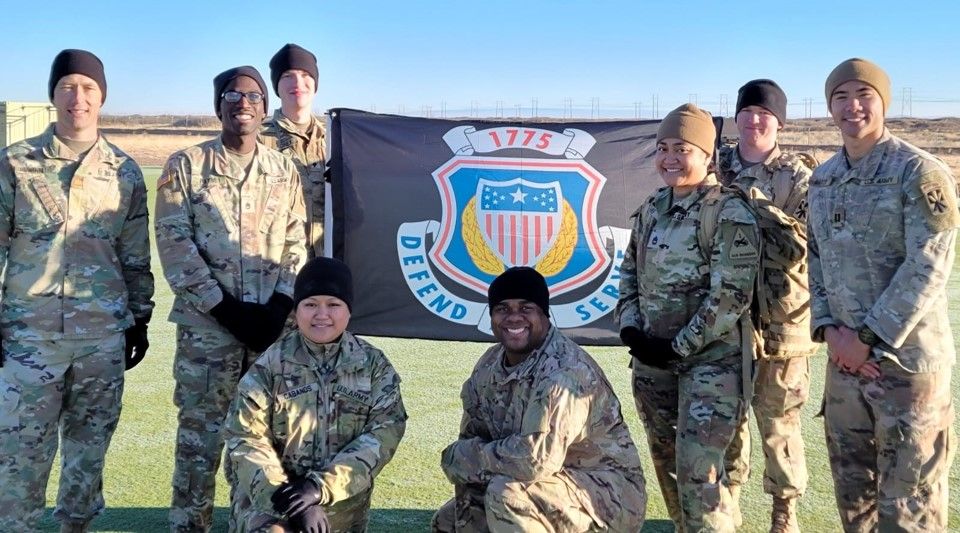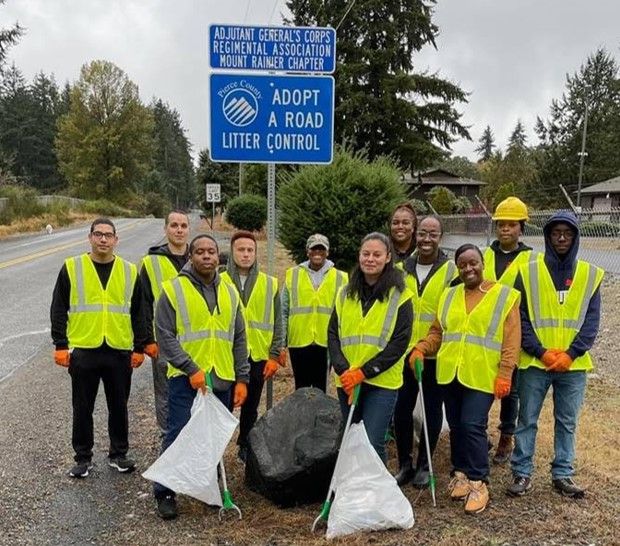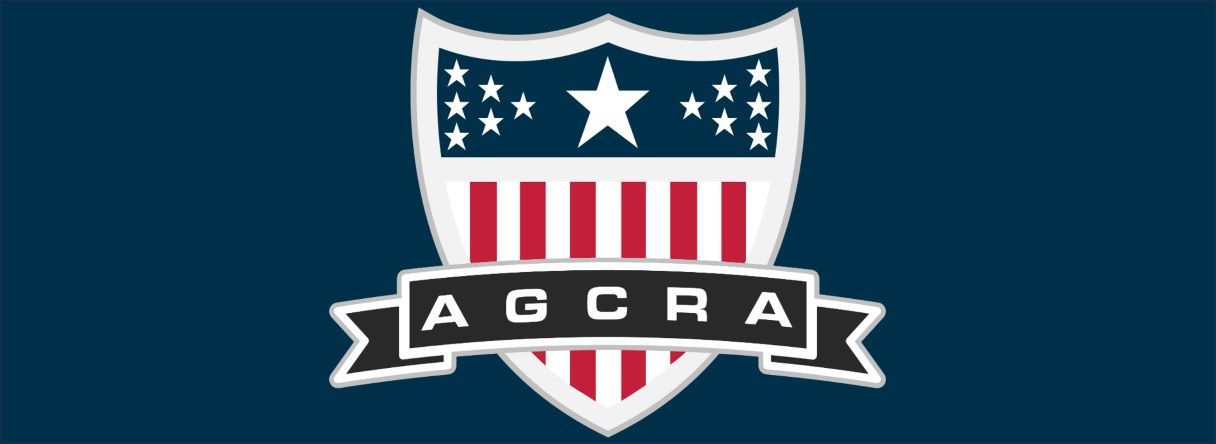I am frequently asked, “Why is the AGCRA important?” This is a fair question because many within the Army’s HR Community at Large and Adjutant General’s Corps at all levels do not really know what the AGCRA is and what it does for them.
To begin, the AGCRA, or more formally, the Adjutant General’s Corps Regimental Association (AGCRA), is a U.S. Internal Revenue Service (IRS) 501(c)(3) Nonprofit Organization and serves as the Professional Association for the U.S. Army Adjutant General’s (AG) Corps. In simpler terms, the AGCRA is a separate organization from the AG Corps, but directly supports the AG Corps nevertheless. And for clarity, like any other nonprofit organization, AGCRA is not officially a part of the Army, nor the AG Corps.
So, why is AGCRA important to the AG Corps and its Soldiers and Civilians?
First, AGCRA is a volunteer organization with worldwide Chapters in direct support of the many different cohorts within the AG Corps. These cohorts include:
• AG Soldiers
• DA HR Civilians
• Army Bands
• Recruiting / Retention / Accessions Military and Civilians
• USAR / ARNG AG Soldiers and Civilians
• DoD Sister-Service Military and Civilian HR Professionals
• Allied Country Military and Civilian HR Professionals
• Anyone who desires to be affiliated with the AG Corps
• AGCRA Family Members
Second, when Army HR leaders developed and fielded Personnel Services Delivery Redesign (PSDR) in response to a brigade-centric Army at the outset of the 21st century, this was the next obvious step in the evolution of Army HR/AG personnel structure. Gone were the days of larger AG formations such as Personnel Groups and Personnel Services Battalions and their predecessors, the Personnel Service Companies; and before them AG Companies and Personnel Battalions. This left the AG Corps with small cells of AG/HR professionals located in every possible formation across the Army landscape, but with no central AG organization. This put the AG Corps “everywhere and nowhere at the same time.”
The AGCRA through our local Chapters, help to mitigate the lack of formal AG organizational structure by providing the mechanism through which AG Corps cohorts can gather and share information on new and emerging initiatives in their respective lane. Additionally, professional development forums, mentorship opportunities, training, and education help to serve the AG Corps within AGCRA Chapters.

The AGCRA also hosts events such as balls, panel discussions, breakfasts, luncheons, and other events to recognize and honor AG Soldiers and Civilians. AGCRA members said they wanted to see a mentorship program that they could use to seek out mentors and feel more connected. In response, the AGCRA will be releasing its first-ever automated mentorship program which promises to address member needs and wants. The AGCRA has a robust Scholarship Program and it's growing with each passing week. The AGCRA also wishes to partner with like-minded organizations and Associations to further benefit its members. The most recent partnership with the Association of the United States Army (AUSA) assuredly has already provided greater benefits for our members.

The AGCRA has one of the most comprehensive awards programs when compared to other regimental, corps, and military support organizations. AGCRA members have the opportunity to earn and receive award recognition through AGCRA medals that is consistent, but different from the Army Awards Program. It is always a thrill to see young Soldiers at the National AG Ball proudly displaying their AGCRA awards.
Our local Chapters are also involved with numerous local charities, service projects, and events that add value to their respective communities. Ensuring a highway is kept clean, feeding the homeless during the holidays, and assisting the elderly are just a few of the many things AGCRA Chapters and their members are doing for their communities.

As a retiree, the phrase, “Soldier for Life” is always satisfying to hear. However, being an “AG Soldier for Life” through the AGCRA allows other retirees, like me, to continue supporting the AG Corps and its Soldiers and Civilians in a manner that will benefit them during their time in the current arena.
So, do I think the AGCRA is important? My answer is simply Yes! Whether it is a medal around a young Soldier’s neck, a chance to participate in a mentorship program, the opportunity to meet other AG Corps professionals located on the same installation, serving their community, or just sharing ideas, the AGCRA provides the mechanism for this and it does not impact existing AG Corps structure.
Yes, the AGCRA is important. I encourage all AG Corps cohorts to give the AGCRA a chance.
Shields Up! Defend and Serve!
Rob

